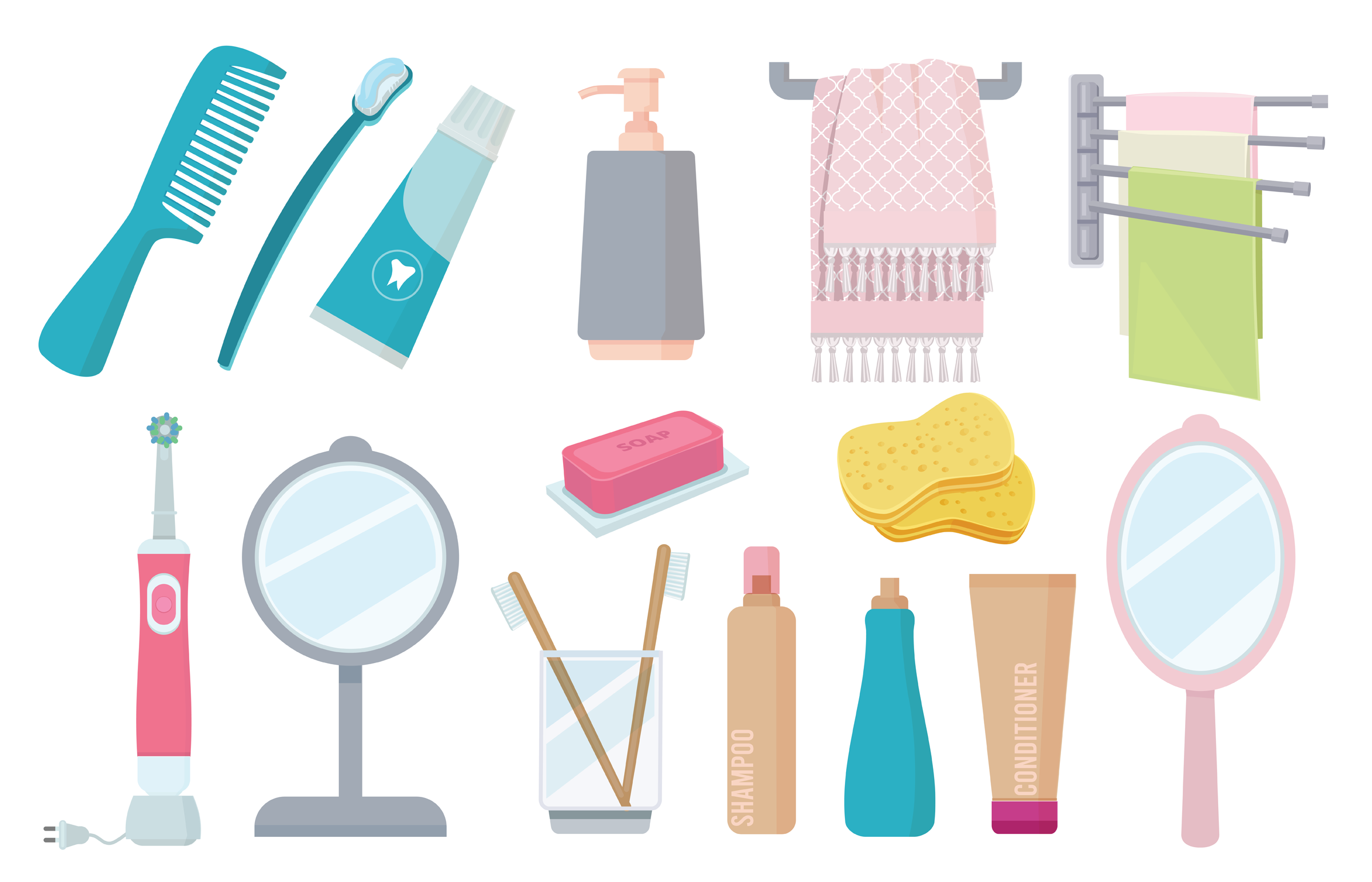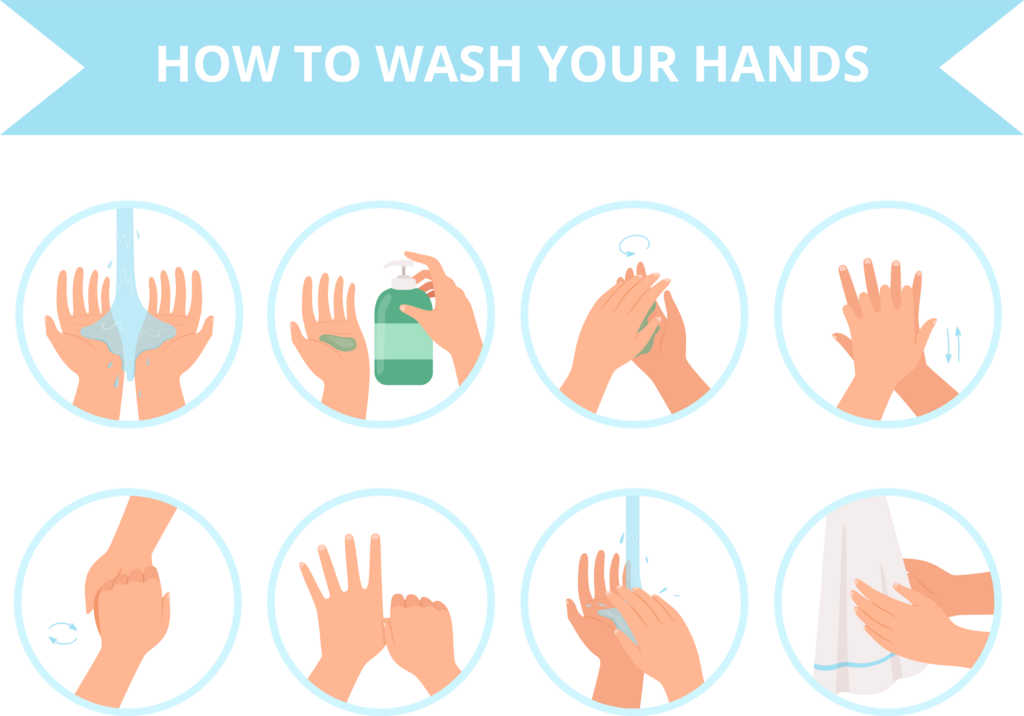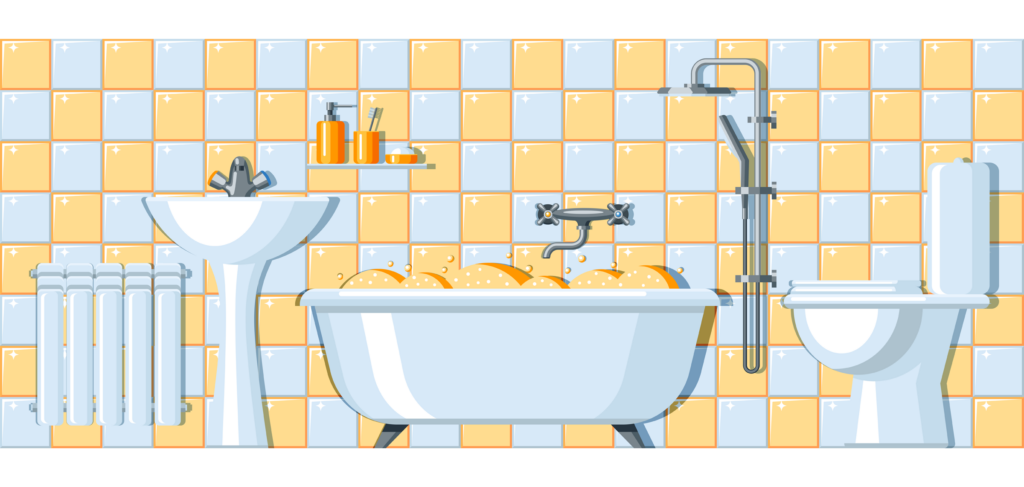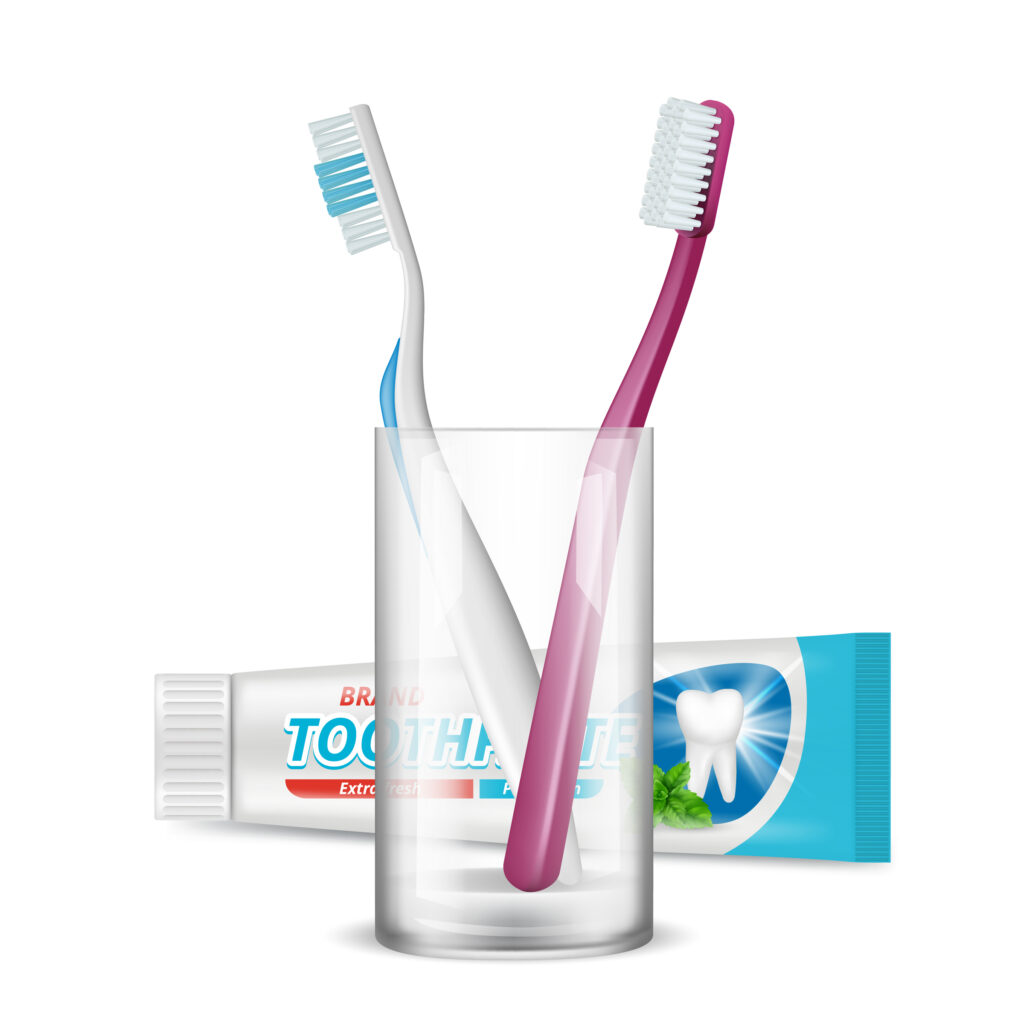
Understanding and practicing good hygiene is a fundamental aspect of maintaining a healthy lifestyle. However, discussing hygiene with children and teenagers can be a daunting task for many parents. Many parents may struggle with conveying the importance of hygiene in a way that’s engaging and relatable to their young ones. The good news is, the conversation doesn’t have to be complicated or tedious. With the right approach, parents can turn this essential life lesson into an interactive and enjoyable experience for everyone involved.
Why is Teaching Hygiene Important?
Hygiene is an essential part of overall health and well-being. It helps prevent the spread of diseases, enhances self-esteem, and fosters positive relationships. By teaching children and teenagers about hygiene, parents not only instill beneficial habits, but also equip them with knowledge that they’ll carry into adulthood. The key is to deliver this information in a manner that’s age-appropriate and engaging.
Creating an Age-Appropriate Conversation About Hygiene

When discussing hygiene, it’s important to tailor the conversation to the child’s age and understanding. For younger children, focus on the basics like washing hands, brushing teeth, and regular bathing. Making the process fun and interactive can be extremely helpful. For instance, use Clipart’s extensive collection of colorful and engaging images to illustrate the germs that can be found on unwashed hands.
For teenagers, the conversation can extend to topics like skincare, the use of deodorant, and gender-specific hygiene routines. Using straightforward language, clear explanations, and even Clipart’s illustrations can help make these potentially awkward conversations more comfortable and effective.
Best Practices to Teach Hygiene

- Make it a routine: Consistency is key when teaching hygiene habits. Regularly scheduled activities like brushing teeth in the morning and evening can help establish routines.
- Use visual aids: Images and diagrams, like those found on Clipart’s website, can make abstract concepts more tangible and easier to understand.
- Lead by example: Children learn by observation. Parents who demonstrate good hygiene practices regularly can reinforce their lessons effectively.
- Gamify the process: Turn hygiene practices into fun activities or games. For younger kids, this could involve singing a song while brushing their teeth or washing their hands.
- Involve them in the process: Let them choose their own toothbrush or soap. This can give them a sense of responsibility and make them more invested in their hygiene routine.
Potential Pitfalls to Avoid
- Overcomplicating the message: Keep the conversation simple and relatable. Overcomplicating the hygiene message can lead to confusion and lack of interest.
- Ignoring questions: Young minds are curious. Avoid brushing off any questions they may have. Instead, patiently answer their queries to ensure they fully understand the importance of hygiene.
- Neglecting positive reinforcement: Praising children and teenagers when they follow good hygiene practices encourages them to continue these habits.
- Forcing habits: While consistency is key, forcing a child into a hygiene routine may create resistance. Make sure the process remains fun and enjoyable rather than a strict obligation.
- Overlooking age-appropriate information: It’s essential to deliver the hygiene message in a way that suits the child’s age and understanding. Avoid discussing advanced topics with younger kids and vice versa.
Discussing hygiene with young kids and teens is a crucial aspect of parenting. It’s about imparting a valuable life skill that contributes to their overall health and well-being. Through age-appropriate conversations, consistent routines, and the use of visual aids like Clipart’s educational images, parents can effectively engage their children in understanding and practicing good hygiene habits. By avoiding potential pitfalls, parents can ensure these lessons are positively received and implemented. The end result? Healthier, more confident kids who understand the importance of maintaining good hygiene!








